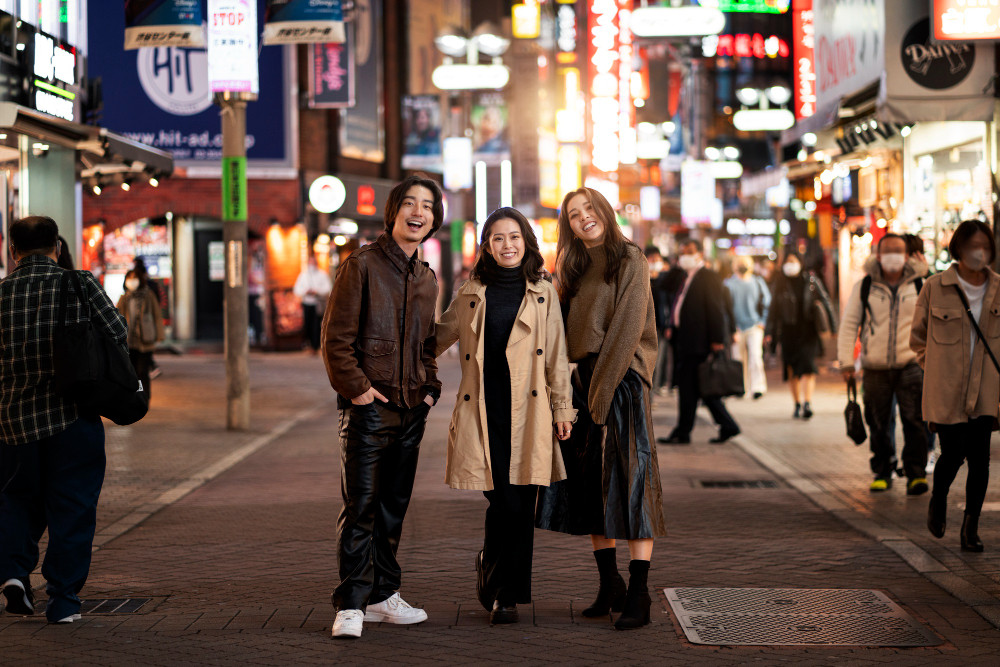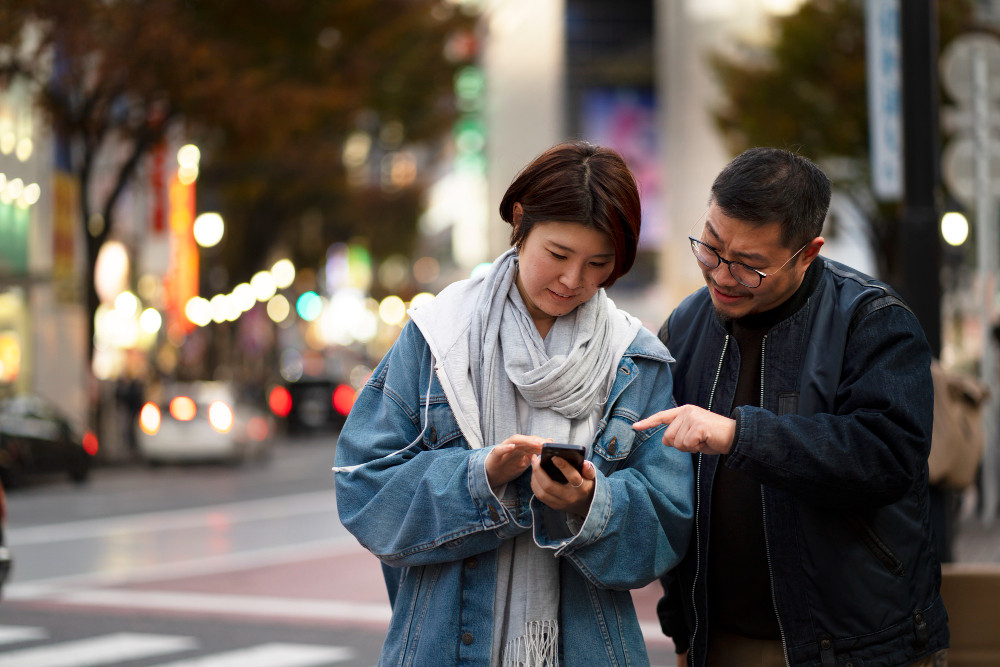Why Is the Mental Detox Prison Becoming Popular in South Korea?

© tawatchai07 / Freepik
What makes South Korea’s Mental Detox Prison different from a real prison?
A place where people choose to lock themselves away—not because they have to, but because they want to.
In South Korea, something surprising is happening. Busy workers, tired students, and stressed-out parents are paying to stay in a prison-like setting.
Why would anyone do this? What could they possibly gain from it? The answer lies in a growing need for peace in a fast-moving world.
South Korea is known for its hard-working culture. People often spend long hours at school or work, leaving little time for rest.
This constant pressure can make life feel overwhelming. To help, a special retreat called “Prison Inside Me” opened in 2013 in Hongcheon, a town northeast of Seoul.
It’s not a real prison with criminals, but a place designed to look like one. Visitors trade their phones and daily worries for a quiet cell, a simple uniform, and a chance to recharge.
Mental Detox Prison: A Break from the Outside World

At “Prison Inside Me,” the rules are strict but simple. No talking to others. No phones or clocks.
Guests wear a blue uniform and sleep on a mat on the floor.
They get basic meals like steamed sweet potatoes or rice porridge. Each cell is small, about 54 square feet, with just a toilet and no mirror.
It might sound tough, but for many, it’s a welcome break.
One visitor, a 28-year-old office worker named Park Hye-ri, said to Reuters in 2018 that the prison gave her a “sense of freedom.” She paid about $90 to spend 24 hours there, away from her busy job.
The idea came from the retreat’s co-founder, Noh Ji-Hyang. Her husband, a prosecutor, worked over 100 hours a week and joked about wanting solitary confinement to rest.
That sparked the creation of this unusual getaway. Since opening, over 2,000 people have visited, including students and workers looking for calm in their stormy lives.
Why People Choose This Retreat

South Korea’s fast pace can take a toll. In 2017, South Koreans worked an average of 2,024 hours a year—among the highest in the world, according to a survey by the Organisation for Economic Cooperation and Development (OECD).
This workload often leads to stress and even serious mental health challenges. The country has one of the highest suicide rates globally, which has pushed people to find new ways to cope.
For some, “Prison Inside Me” is a mental reset. Without distractions like phones or conversations, visitors can think, write in a notebook, or just sit quietly.
It’s a chance to step back from the demands of school, work, or family. Parents have even joined programs here to understand their children who isolate themselves at home, a growing issue known as “hikikomori.”
By experiencing confinement, they hope to connect better with their kids.
A Different Kind of Freedom
What’s most surprising is how people feel after their stay. Many say the real prison is the life they return to—full of deadlines and noise.
The retreat’s simple setup helps them focus on themselves, even if just for a day or two. Some leave with a certificate of “parole,” a playful reminder of their time inside.
This mental detox prison isn’t for everyone. Some might find it too quiet or strict. But for those who try it, it’s a rare chance to slow down in a country that rarely stops.
It shows how creative people can be when looking for peace. As life gets busier, places like this remind us that sometimes, stepping away is the best way to move forward.
You might also want to read: Could Three Days Without Your Phone Change Your Brain?


